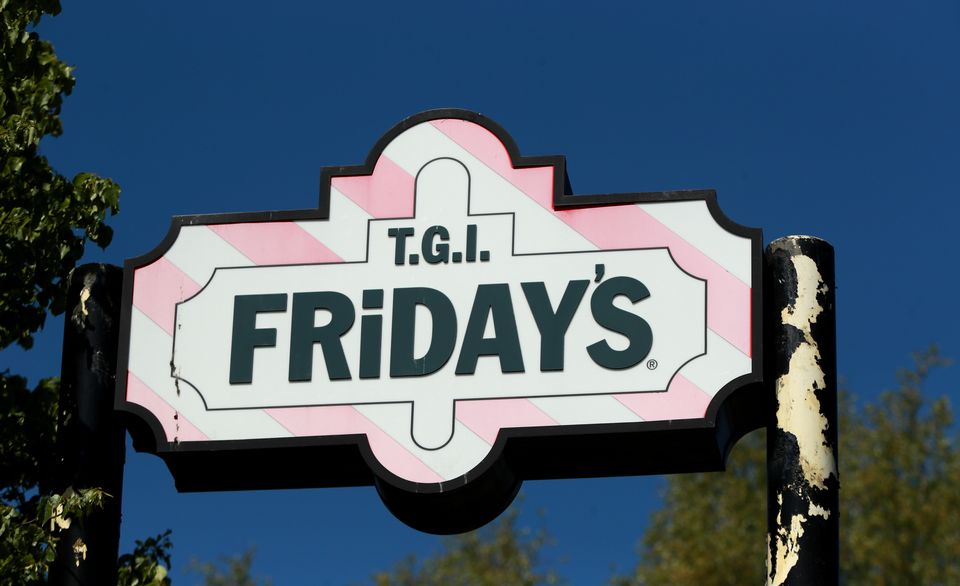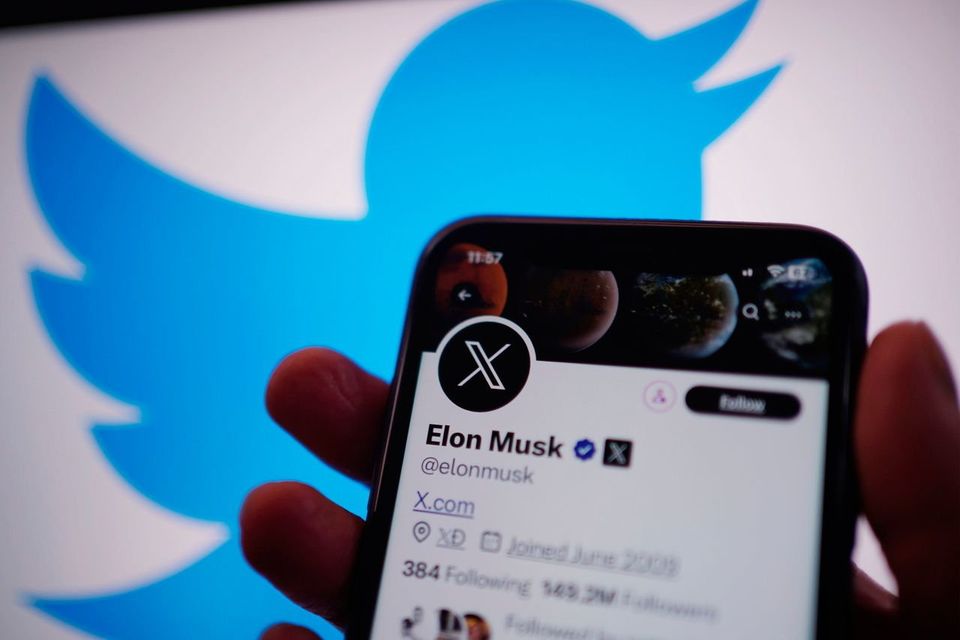Leaving aside his childish petulance, his apparent lack of emotional intelligence and his inability to read the room, Musk has ignored the very basics of brand building by rebranding Twitter as “X” earlier this week.
In doing so, he has also stuck two fingers up at the libraries full of empirical research and best-practice thinking that underpins much of modern-day marketing and branding.
Not all rebrands work and there is no shortage of examples of companies shooting themselves in the foot, British Petroleum as Beyond Petroleum for example. Photo: Getty
Companies rebrand for all kinds of reasons. Following a merger or a corporate restructuring, a rebrand is often required to signify a departure with the past, a possible shift in another direction or development of new product offerings and the retirement of others.
A rebrand, however, is often more than just changing a logo or a masthead. In most cases, it is rooted in customer and employee research and consultation. It spells out the reasons for the shift and often involves a corporate or cultural reset that includes new and better ways of thinking, doing, selling and engaging with suppliers, employees and customers.
Not all rebrands work and there is no shortage of examples of companies shooting themselves in the foot. British Petroleum (BP), for example, shamefully rebranded itself to become Beyond Petroleum after its role in the Deepwater Horizon crude oil spill in the Mexico Gulf in 2010. In addition, not all logo changes work – as brands such as GAP, TGI Friday’s, Tropicana, Pepsi and the Royal Mail in the UK have found out to their great expense.
In addition, not all logo changes work – as brands such as GAP, TGI Friday’s, Tropicana, Pepsi and the Royal Mail in the UK have found out to their great expense. Photo: Getty
Then there is the issue of brand equity, and whether we like it or not, Twitter has built up considerable brand equity since it was set up in 2006. If it hadn’t, Musk and the shareholders backing him, would not have coughed up $44bn (€40bn) to acquire the platform in a leveraged buy-out last year.
In the absence of any historically profitable business model, a sizeable chunk of this $44bn was related to intangibles like goodwill and brand equity. Marketing purists will tell us brand equity is attributable to a number of factors, including brand loyalty, brand awareness and the perceived quality, trust and competitiveness. This is particularly so in highly competitive marketplace and even more so in the increasingly politically polarised social media world.
Brand equity, however, can also be easily eroded and very quickly too. At the end of May 2022, for example, the US investment giant Fidelity – which has a shareholding in Twitter – estimated that Twitter was worth just $15bn, approximately 33pc of what Musk originally paid. Fidelity should be in the know as it is one of the shareholders in the company.
For the foreseeable future, perception and trust, all key components of brand equity, will continue to be remain challenged
Musk has struggled to monetise the platform with paid-for verified memberships and much-needed advertising revenues, which analysts estimate could be down by as much as 45pc on 2022. And if advertisers have not bought into Musk’s Twitter story to date, what reason have they to buy into the X story, particularly as it enters into a new a presidential election cycle in the US that is likely to be even more contentious than 2020?
For the foreseeable future, perception and trust, all key components of brand equity, will continue to be remain challenged and in the same way that Facebook morphed into Meta, yet still remains widely known as Facebook, Musk is going to have to pull more than a name change out of the hat to win over supporters and the shareholders.
Sexton for the Áras
With the Rugby World Cup only six weeks away, Energia, one of the main sponsors of Irish rugby, has rolled out a new campaign that speaks to the possibilities of the current squad members, including the idea that Johnny Sexton might one day be President. Created by Core, the campaign is called “Ireland 2024 (Possibly)” and was created under the guidance of AdGreen Carbon Calculator which tracks sustainability at all stages of its production.
Get your daily dose
The Havas Dublin ad agency has created a new cross-platform campaign for the Mediahuis-owned Sunday World.
Called ‘Your Daily Dose’, the new campaign builds on the insight that consuming the news is a habitual act, similar to taking a daily vitamins and positions the newspaper as a “supplement” readers can take whenever they want to know what’s going on in the world of crime, showbusiness and sport.
Source link



